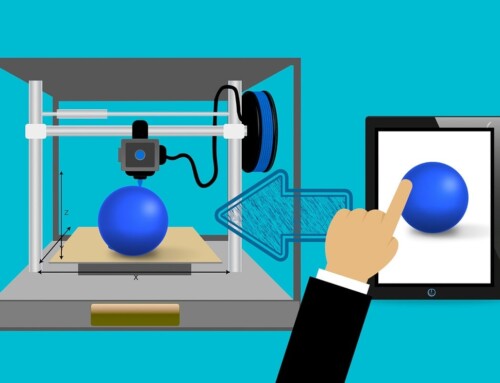On July 26, 2025, the World Artificial Intelligence Conference (WAIC) International Cooperation Forum on Artificial Intelligence Standardization was successfully held in Shanghai. This forum was hosted by the UN Industrial Development Organization (UNIDO) Global Industrial AI Alliance Center of Excellence, co-organized by the China Electronics Standardization Institute (CESI) and the Shanghai Artificial Intelligence Research Institute and attracted more than 200 experts and representatives from the global AI field.
Mr. Shan Zhongde, Vice Minister of MIIT reiterated China’s high attention to AI standardization work in his speech, emphasizing the need to promote standard development through a “fast, high-quality, and strong” system, build an open, transparent, and inclusive international AI standard system, and advance the healthy development of AI on a safe, controllable, and trustworthy track.
Mr. Xiao Han, Director-General of the Department of Standards Innovation and Management at the National Standardization Administration (SAC) pointed out that AI is reshaping global industry and social structures, emphasizing the need to accelerate the release of key standards, promote coordinated development of standards and technological innovation, and strengthen international alignment.
Zhang Ying, Deputy Secretary-General of the Shanghai Municipal Government and Director of the Shanghai Economic and Information Technology Commission, emphasized the strategic value of standardization in promoting AI scenario innovation and regional coordination, stating that Shanghai will strengthen institutional support and ecosystem construction, and deepen pilot testing of standards.
During the meeting, ISO President Cao Chenghuan and ITU-T Deputy Director Bilel Jamoussi delivered keynote speeches, introducing the latest progress in international AI standards and affirming China’s active contribution to international standardization cooperation.
The forum also released several important outcome documents, such as guidelines on AI ethics, governance practices, and industrial applications. At the same time, CESI, together with more than 70 enterprises, launched the “Joint Initiative on Shared Agent Protocols,” promoting agent interoperability and ecosystem co-construction.
At the forum, Dr. Sebastian Hallensleben, Chair of CEN-CENELEC JTC 21 and Co-Chair of the OECD ONE.AI Risk and Accountability Working Group, delivered a keynote speech introducing the latest developments in the European AI standards system.
Dr. Hallensleben noted that although the EU AI Act sets high-level legal requirements, its technical implementation relies on coordination standards developed by JTC 21. These standards provide compliance pathways and legal certainty for the development of high-risk AI systems. He explained the structure of JTC 21, its cooperation mechanisms with ISO/IEC JTC 1 SC 42 and ETSI and emphasized that JTC 21 has over 1,000 experts from more than 25 countries, reflecting high inclusiveness and international collaboration.
In addition, he explained why ISO/IEC 42001 is not directly suitable for EU compliance, as its risk model and regulatory focus differ from Europe’s. Therefore, localized standards that meet EU legal requirements while referencing international standards need to be developed.
Dr. Hallensleben’s speech demonstrated Europe’s active leading role in AI standardization and its deep involvement in building a trustworthy and sustainable global AI ecosystem.
He emphasized that standards have a dual function—on the one hand as visible technical documents, and on the other as consensus results formed through broad consultation among stakeholders. This consensus is an important source of standards’ legitimacy.
At the conclusion of his speech, Dr. Hallensleben proposed the broader concept of an AI governance ecosystem, pointing out that AI governance relies not only on laws, regulations, and coordination standards but also on codes of conduct and initiatives such as the “AI Trust Alliance.” These mechanisms jointly aim to promote the construction of a trustworthy, competitive, and innovation-supporting AI system globally.
This forum fully demonstrated China’s active participation and leading role in global AI standardization and emphasized the importance of international cooperation in achieving safe, inclusive, and sustainable AI development. Dr. Hallensleben’s participation highlighted Europe’s leadership in building a trustworthy AI ecosystem and its commitment to guiding global norm-setting in the digital era.




